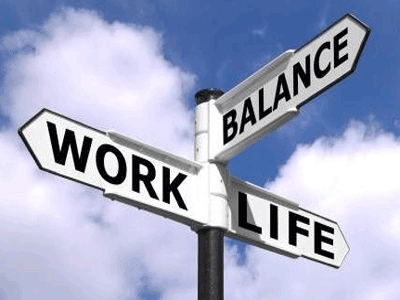Dealing with the pressures of work-related stress
Many of us will have suffered from stress in one form or another, and more people cite stress at work as one of the main reasons for seeking out counselling help.
‘The majority of those surveyed by mental health charity Mind – over 55% – said they found work more stressful than health, financial problems, debt and relationship problems.’ Charlotte Seager

Due to the pressures of living in a fast-paced and demanding 21st century, more employees are suffering from many kinds of stress-related illness. This is not to say that a certain amount of good stress does not help to challenge and motivate us at work. But with the introduction of the zero-hour contract and weekend working, people find themselves holding down more than one job, which allows little time for rest and family.
Other reasons given by employees for workplace stress is feeling under undue pressure to complete increasingly tight and demanding deadlines; a lack of managerial support and understanding; and a loss of confidence and self-esteem, leading to an inability to voice their concerns.
When we feel unhappy, under pressure or undervalued in the workplace, we can suffer the harmful effects of stress, and they can present themselves in various ways:
Dreading the impending working week
Feeling low and unable to get up and face the working day
Becoming tearful or anxious over what the working day may bring
Feeling misunderstood and unable to voice workplace concerns, due to a lack of understanding
Bullying from colleagues or managers
Turning to alcohol, smoking or food as a stress reliever
Many people who come to me for counselling cite a loss of confidence, motivation and self-esteem as some of the issues they are struggling with. This can also include bullying, prejudice and a lack of training and personal enhancement opportunities.
Research shows that work-related stress is a main cause for depression, and ever-changing shift patterns can lead to disrupted sleep patterns – not only for sufferers of work-related stress but also for their spouses, partners and loved ones.
The extreme side of work-related stress can lead to depression and even to suicidal ideation, where the individual becomes consumed with thoughts of taking their own life.
How can one-to-one counselling help to alleviate work-related stress?
Finding a counsellor trained to listen empathetically and without judgement can help sufferers in different ways:
Feeling able to share work-related concerns with someone they can talk to in confidence about issues they may have never shared with anyone else before
Feeling valued and understood
Beginning to look at relationships in the workplace that may mirror past relationships in the present
Exploring how work-related stress is impacting on other areas of a person’s life
Starting to restore confidence and self-esteem
Therapy can provide a safe and quiet space to talk in confidence, and a good relationship with your counsellor can help to alleviate the stresses you face in the workplace and provide insight on how to make long-term changes.